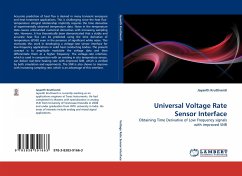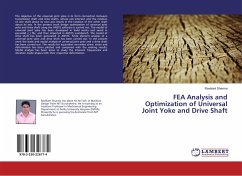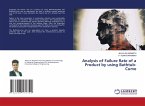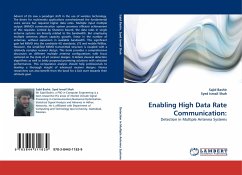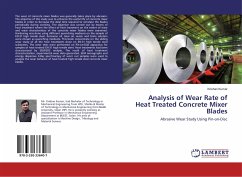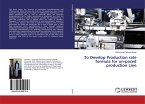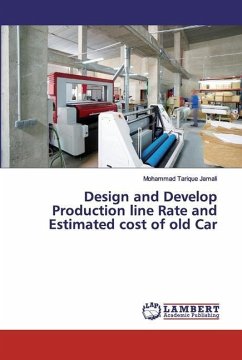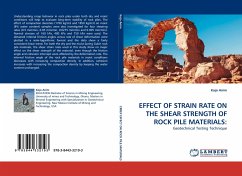Accurate prediction of heat flux is desired in many transient aerospace and heat treatment applications. This is challenging since the heat flux temperature integral relationship implicitly requires the time derivative of experimentally obtained temperature data. Noise in the temperature data causes unbounded numerical derivatives with increasing sampling rate. However, it has theoretically been demonstrated that a stable and accurate heat flux can be predicted using the time derivative of temperature (dT/dt) even in the presence of significant white noise. This motivates this work in developing a voltage rate sensor interface for low-frequency applications in solid heat conducting bodies. The present concept is to amplitude modulate the voltage data and then differentiate them at a higher frequency. The voltage rate interface, which is used in conjunction with an existing in situ temperature sensor, can deliver real-time heating rate with improved SNR, which is verified by both simulation and experiments. The SNR is also shown to improve with increasing sampling rate, which is an advantage of this interface.
Hinweis: Dieser Artikel kann nur an eine deutsche Lieferadresse ausgeliefert werden.
Hinweis: Dieser Artikel kann nur an eine deutsche Lieferadresse ausgeliefert werden.

